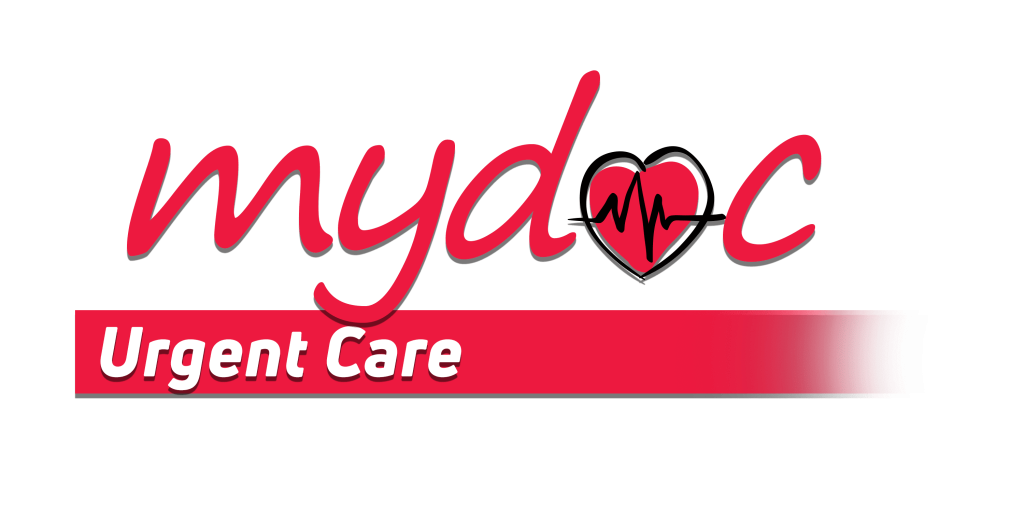What To Do During An Allergic Reaction

The CDC estimates that 50 million people in the United States suffer from allergies, and no matter how well you follow your allergy regimen, you can’t always avoid a reaction. Sometimes, you’re unaware you have an allergy until the hives, runny nose, or watery eyes begin.MyDoc Urgent Care in New York provides convenient walk-in care and same-day doctor visits for acute illnesses, including asthma and allergy attacks.Their board-certified team, led by emergency medicine specialist Dr. Nabil Salib, is happy to answer questions about allergy symptoms and what to do when you’re experiencing a reaction.
What are the symptoms of an allergic reaction?
Allergy symptoms range from mild to severe and may affect your skin, digestive system, airways, or nasal passages. The signs also vary depending on what substance your immune system considers dangerous. Hay fever or pollen allergies, for instance, often cause sneezing, profuse nasal drainage, and itchy, watery eyes. Food allergy symptoms may include swelling of the tongue and throat and hives. Generally, however, the most common symptoms of an allergic reaction are:- Red or swollen eyes
- A large area of redness, warmth, and swelling at the site of an insect sting
- Itchy skin rash that may cover the entire body or just one area
- Tingling or prickly sensation on the roof of the mouth (food and pollen allergies)
- Stuffy nose
- Facial swelling or puffiness around the lips and eyes
What is anaphylaxis?
Anaphylaxis is a life-threatening emergency requiring immediate medical attention. It’s most often triggered by allergies to food, insect stings, or medications. Symptoms of this severe allergic reaction include:- Difficulty breathing
- Nausea and vomiting
- Dizziness
- Dangerously low blood pressure
- Loss of consciousness
- Widespread skin rash
What should I do for an allergic reaction?
Provided you aren’t experiencing anaphylaxis or a severe reaction, helpful home care for allergic reactions may include:Hives
Try cool compresses to relieve discomfort caused by hives. If hives are widespread, take a cool (but not cold) or lukewarm bath. Avoid hot showers or baths since these irritate hives. Wear loose clothing to prevent irritation.Skin rash
For itchy or red skin rashes, wash the affected area with mild soap, and rinse thoroughly with lukewarm water to remove any surface irritants causing the symptoms. If your rash occurred after exposure to poison ivy, poison sumac, or other external sources, remove and wash your coat, shirt, socks, or other clothing items. Over-the-counter hydrocortisone cream or lotion may help with mild itching. Schedule a same-day doctor visit at mydoc Urgent Care or try our walk-in service for moderate-to-severe itching or if you notice drainage from the rash.Nasal stuffiness, drainage, and eye symptoms
Widespread allergy symptoms often respond well to an over-the-counter antihistamine or nasal spray. However, read labels carefully since some of these medications cause significant drowsiness and may make driving or work tasks a risk.When should I see a doctor for allergies?
Always call 911 if you suspect anaphylaxis. Otherwise, our mydoc Urgent Care team recommends you come in for a visit whenever you’re concerned about allergy symptoms, especially if your allergies begin to interfere with your daily routine. Also, come in for a visit if you develop new or widespread symptoms that aren’t responding adequately to home care. Services available at mydoc Urgent Care include asthma and allergy testing that accurately identify the substances causing your reactions. We use that information to customize a treatment plan that relieves your symptoms and may help you avoid future reactions. Take advantage of our walk-in services, or contact the nearest mydoc Urgent Care office today by phone or use our online service to schedule a visit.SCHEDULE A CONSULTATION
